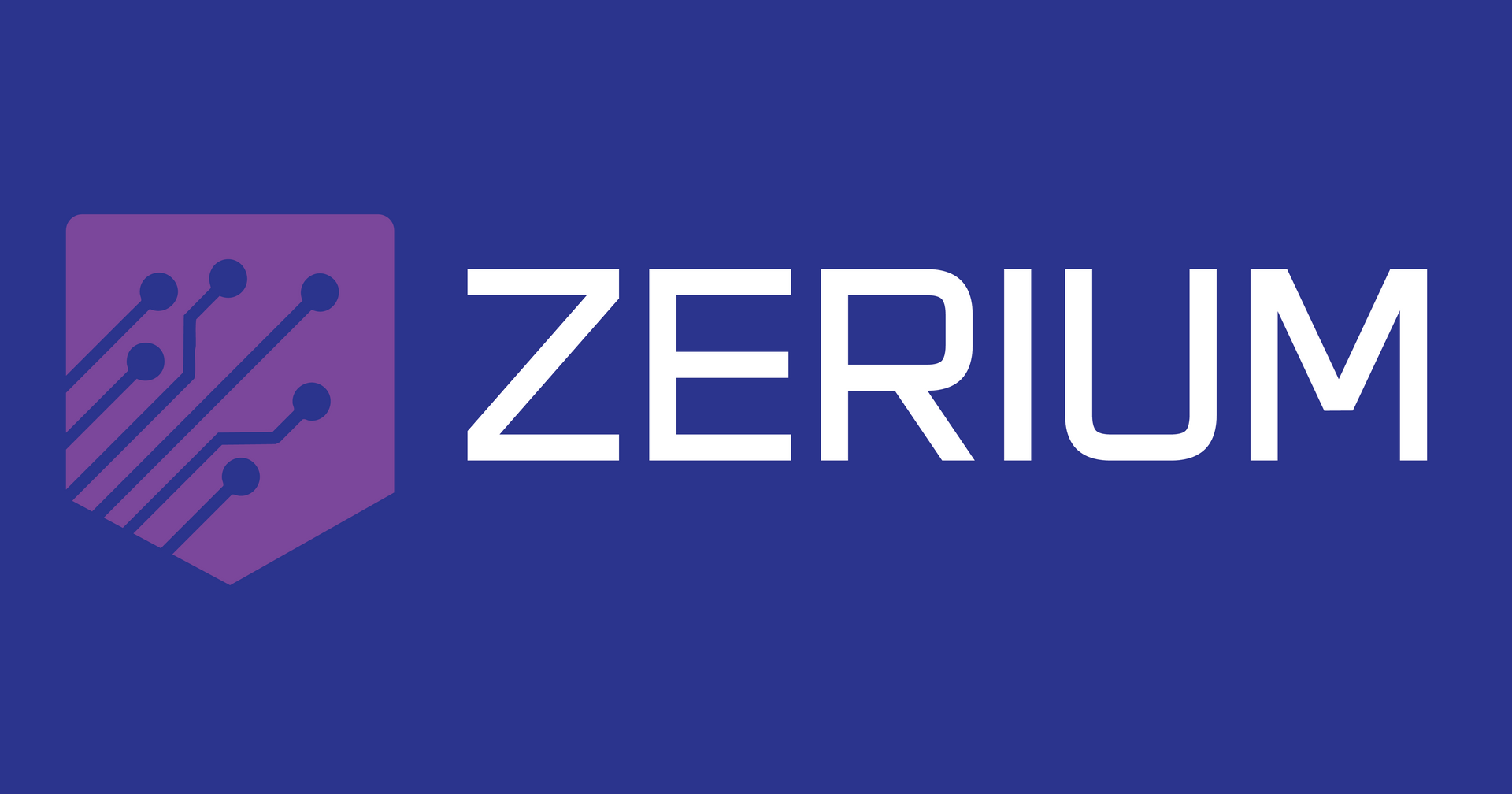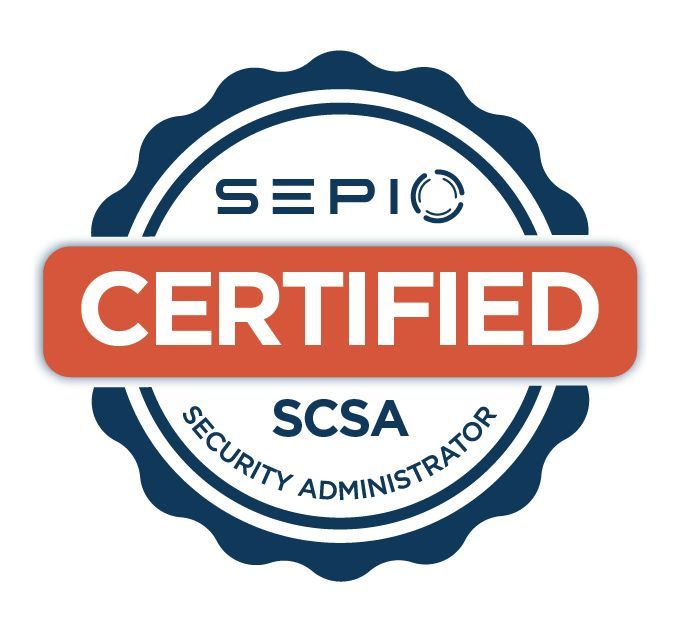The Cyber Risk Lurking Beneath Industry 4.0 Manufacturers around the world are embracing the transformation known as Industry 4.0—where automation, AI, IoT, and real-time analytics drive efficiency, innovation, and competitiveness. But as production environments become more connected, they also become more exposed.
The challenge? Many manufacturing systems are protected only at the software and network level. Meanwhile, the physical hardware layer remains open to unauthorised access, manipulation, and compromise.
Whether it's a rogue USB inserted into a CNC machine, a tampered cable connected to an industrial controller, or an unapproved laptop used on the factory floor, these devices are often invisible to traditional cybersecurity tools—and can cause serious damage before they’re even detected.
The Complexity of Manufacturing Environments
Manufacturing environments are uniquely difficult to secure. Production lines rely on legacy systems that are incompatible with modern endpoint software. Engineering teams often work across isolated networks. Third-party contractors, maintenance vendors, and automated machinery all connect and disconnect devices regularly.
In this context, enforcing software-based trust becomes nearly impossible. Many tools rely on network behaviour or software agents to identify devices—but what happens when a device doesn’t communicate over the network, or when it presents itself as something it’s not?
These blind spots are exactly where hardware-based threats thrive.
Sepio: Making the Invisible, Visible
Sepio’s Asset Risk Management (ARM) platform is built for environments like this—where traditional defences fall short, and operational stability is paramount.
Sepio works by identifying every device based on its physical-layer fingerprint, known as Asset DNA. This method goes beyond MAC addresses or device labels and examines the true identity of the hardware—based on how it behaves electrically and physically.
This means that even if a rogue USB pretends to be a keyboard, or a malicious tool mimics approved hardware, Sepio can detect the discrepancy instantly. It sees what’s really connected—not just what the system claims is there.
Importantly, Sepio operates passively and doesn’t require endpoint agents or changes to existing infrastructure. That makes it ideal for manufacturing, where uptime is critical and interference is unacceptable.
Operational Continuity Without Compromise
Downtime is the enemy of manufacturing. That’s why cybersecurity solutions must be effective but also invisible to production operations.
Sepio meets this challenge by integrating quietly into existing environments, offering real-time detection and alerting without disrupting workflows or introducing latency. It provides manufacturing teams with a reliable way to enforce device policies and identify unauthorised access—without slowing down lines or interfering with critical systems.
Whether on the shop floor, in research labs, or within control centres, Sepio gives operators confidence that every device on the network is legitimate, authorised, and accounted for.
Protecting Intellectual Property and Production Integrity
For many manufacturers, the crown jewel is intellectual property—design files, process flows, control logic, and configuration data. These assets can be exfiltrated silently if an attacker introduces a rogue device or bypasses digital controls through physical access.
Sepio prevents this by enforcing strict device trust. Only known, verified hardware can connect to systems, and any deviation triggers alerts that can be integrated into broader incident response workflows. This helps protect IP, ensure compliance with security frameworks like ISO 27001, and reduce the risk of tampering, sabotage, or espionage.
Supporting Modern Compliance in Industrial Settings
As cybersecurity standards evolve, manufacturers are increasingly expected to demonstrate control over both digital and physical assets. Sepio provides the data and visibility needed to support these obligations.
From asset inventory and access control to incident logging and audit readiness, Sepio helps fulfil requirements under regulations such as GDPR, NIST CSF, and sector-specific standards for industrial cybersecurity. For facilities operating globally, this visibility supports alignment with customer expectations, supply chain contracts, and legal risk management.
Building Secure, Smart Factories from the Ground Up
The future of manufacturing lies in digital transformation—but that future must be built securely.
Sepio offers manufacturers a unique advantage: the ability to control every physical access point in real time, with no need to compromise on productivity, interoperability, or innovation.
It’s not just about preventing cyberattacks. It’s about enabling smarter operations, safer products, and stronger resilience—starting at the most fundamental level: the hardware.
📩 To explore how Sepio protects smart factories and manufacturing systems, or to arrange a technical overview, contact info@zerium.co.uk or call +44 (0)20 8191 2191






















